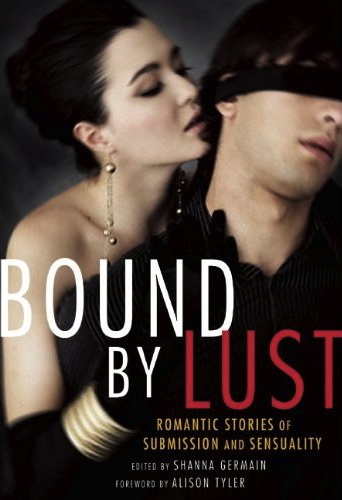Q: How do you choose the books you review?
A: In various ways. Some are books I’ve chosen to read on my own; some are books that friends or contacts have asked me to review; some are books that publishers have asked me to review; sometimes I’ve seen requests for reviewers and have answered those ads.
~ ~ ~
Q: Do you only review books that you liked?
A: Yes.
~ ~ ~
Q: Why?
A: I figure most readers who read a review are looking for a book they might like — they’re looking for recommendations, in other words. I don’t think there’s much point in reading a whole essay in order to see what not to put into your Amazon cart. I also review manuscripts (of a very different type) for publishers — in those cases, I review what I’m given, and if I don’t think the manuscript should be published, or if I think it needs changes, I certainly say so. But these are published books. I don’t want to obligate myself to finish something that isn’t to my liking, let alone write a whole piece on it. If I like a book, though, then I want to share that and explain why. That’s why my reviews are more about why I liked a certain book than whether I liked it.
~ ~ ~
Q: Do you get paid for reviews?
A: No. If someone has requested that I review the book, I get a complimentary copy of the book, which I can keep. But there is no additional compensation.
~ ~ ~
Q: Do you know the people whose books you review personally?
A: Sometimes (see my post on Who are a writer’s friends?). But I really don’t think that makes any difference. The writers I know would not be upset if I said, “Oh, you know, this book wasn’t quite to my taste, so I’d rather not write up a review of it.” They understand that not everybody likes everything.
~ ~ ~
Q: Would you review my book?
A: Quite possibly! It depends a bit on my schedule and also whether the book sounds like it’s going to be something I’ll like. To inquire, add a comment to this post describing the book and including an email, and I’ll let you know. (Your comment/request will not be posted to this site; think of it as my blog voicemail.) I’ll review either ebooks or print books, though print ones get read, and thus reviewed, more quickly (because I can read them in the bath). I don’t care how long or short something is or whether it’s an anthology or by a single author. I do have some subject matter preferences, so do include a brief description of your story or book.
~ ~ ~
Q: Could I review your book(s)?
A: Why, certainly! Again, just leave me a message here, and let me know whether you would prefer an ebook or a print book.










